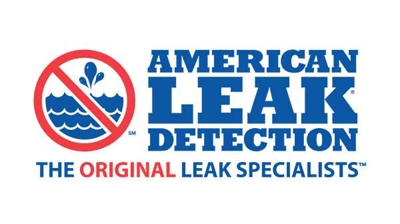How to protect your basement from leaks
Spring is almost here, which also means it’s almost thunderstorm season. When a storm hits, you should be able to calmly curl up with a good book and a cup of tea while listening to the pitter patter of raindrops on the roof. You shouldn’t have to spend your time on edge, worrying about water seeping into your basement. A leaky basement is a major fear among homeowners, but fortunately there are many preventive measures you can take to help keep your basement dry.
Maintaining the outside of your home
When water leaks into your basement, it can often originate from a problem
with the exterior of your home. It is vital that you regularly clean your
gutters and also make sure your downspouts are directed away from the
home. According to home improvement brand This Old House, when gutters
become too clogged with leaves and other debris, they can overflow. The
overflow, then, ends up pooling up around the foundation, which can lead
to seepage into the basement. Something as simple as regular gutter maintenance
could save you significant time and money in the long run.
If your gutters are not adequately directing water away from your home, you may need to add an extension. DIY Network recommended stretching the extension pipe so it is 4-5 feet long, bending it into a 90 degree angle and then fastening it to the end of the downspout with sheet metal screws.
Foundation problems are another major cause of basement leaks. If your grade is sloping toward your house instead of away from it, This Old House said you will need to add soil until the slope is at least 1/4 inch per foot away from the home. It is possible your foundation problems could extend further than basic soil sloping, and in that case you may need to contact a professional.
Preventing cracks and holes in the basement
Cracks and holes in the floors and walls of a basement can be major sources
of leaks. According to Ace Hardware, there are three main
reasons cracks form:
- The house settles
- Too much water pressure coming from the outside
- The construction was done poorly to begin with
If your basement does not currently have any cracks or holes, a waterproofing mixture is a great preventive measure to control for leaks. If, however, you have already noticed some cracking, waterproofing may not do the trick. You will have to get them fixed before applying the waterproofing mixture.
To prevent cracks from forming, DIY Network recommended applying cement coating, which is much stronger than cement paint.
What if I do find water?
If your preventive measures aren’t working and you do find moisture
in your basement, the first step is leak detection. Finding the source
of the leak will help you determine what steps you must take to repair
it. If you are struggling to figure out where your leak is coming from,
consider hiring a professional leak finder to help you locate it.
Unfortunately, water problems are a side effect of owning a home, and even if you do everything right you may end up dealing with some moisture in the basement. If your problems are extensive and you need to hire a professional for help, Wade Weeks, a manager at Basement Restoration Technologies in Cincinnati told Angie’s List it is important to make sure you find a professional who customizes his or her waterproofing plans to fit your needs.
“With basement waterproofing, each situation is unique,” Weeks said, “You should avoid systems that were not designed specifically for the situation you have.”
For all of your leak needs, allow the professional leak finders of American Leak Detection to serve you. Call (866) 570-5325 to find a location near you.


